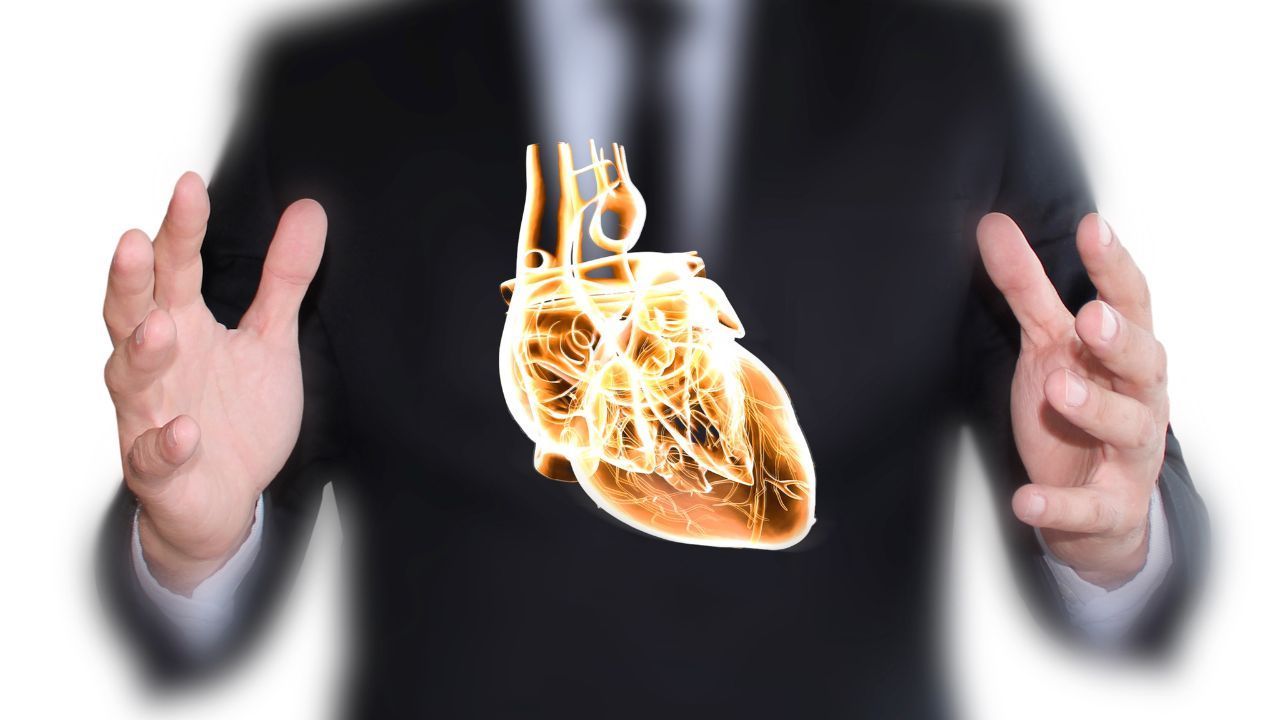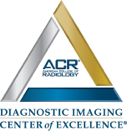
Cardiac CT Or Heart Scan
If a doctor suspects that you may be have a medical condition related to the heart or pulmonary system, you may be required to undergo a computed tomography scan, commonly referred to as a CT scan. A CT scan creates detailed images of the heart and the surrounding blood vessels that can be studied to detect any problems or defects. There are two types of CT scans to evaluate the arteries:
– An angiograph to detect abnormalities in the arteries.
– A coronary calcium scan to detect an accumulation of calcium in the arteries.
The CT Heart Scan Procedure
The radiographer will request that you remove all your jewelry and clothing, wear a gown and lay flat and still on a table with your arms at your sides. Small electrodes will be applied to your chest that are attached to a ECG (Electrocardiograph) to monitor your heart during the procedure. You may also be required to take a beta-blocker to slow your heart rate to provide a more accurate image.
The radiographer will remotely control the movement of the table in and out of the center of the CT machine. This is a circular structure where the x-ray images are formed. You may be asked to adjust your position or hold your breath while passing through the rotating x-ray mechanism. Each pass should only last around 10 seconds and the entire procedure should be completed in 10 minutes. The images can be viewed on a scanner, monitor or be printed out for examination.
Preparation For A Contrast CT Scan
coronary calcium scan or contrast CT scan follows a similar procedure as explained above except that dye is used to provide better contrast in the images. The contrast dye is passed directly into the veins through an intravenous (IV) drip that will be inserted before the procedure starts.
You will be requested to fast (not eat any solid food) for 4-8 hours before the test. You should be allowed to drink beverages that don’t contain stimulants such as sugar, caffeine or alcohol that could affect the heart rate. You should inform your doctor or radiographer of your medical history – if you have previously had an adverse reaction to the contrast dye or if you are taking any medication that could react with the dye such as Glucophage for diabetes.
The CT Scan Experience
You should experience no discomfort during the procedure other than the hard surface of the CT scanner table or maintaining a specified position. Although the mechanical sounds of the scanner can be disconcerting, they cannot harm you. During a contrast scan you may experience tingling or burning at the entry point of the IV drip. You may also experience a metallic taste and warm or hot flushes. These symptoms will dissipate naturally within a few seconds.
The CT Scan Diagnosis
CT scans are used to diagnose a variety of cardiac diseases including:
– Calcium buildup or blockages in the arteries
– Congenital heart conditions
– Problematic pulmonary or heart valves
– Tumors
The Results
If no damage or abnormalities are detected, the results will be normal. The results of your CT scan will also provide your cardiologist with a calcium score. A calcium score of zero will be reflected as negative and will mean that you won’t suffer from heart disease or cardiac arrest in the near future. Low scores will mean that you are less likely to contract heart disease but that you are at risk.
An abnormal result will may mean that one of the following conditions have been identified:
– Congenital heart disease
– Coronary artery disease
– Heart value problems
– Aneurysm
– Pericarditis
– Coronary artery stenosis
– The presence of tumors
– A high calcium score
High calcium scores are the result of an accumulation of calcium in the arteries that could lead to a blockage. This could also point to the thickening or hardening of the arterial walls called atherosclerosis. These are both serious conditions that could result in heart disease or cardiac arrest.
Alternative Names For These Procedures:
CAT scan – heart; Computed axial tomography scan – heart; Computed tomography scan – heart; Calcium scoring; Multi-detector CT scan – heart; Electron beam computed tomography – heart; Agaston score; Coronary calcium scan

